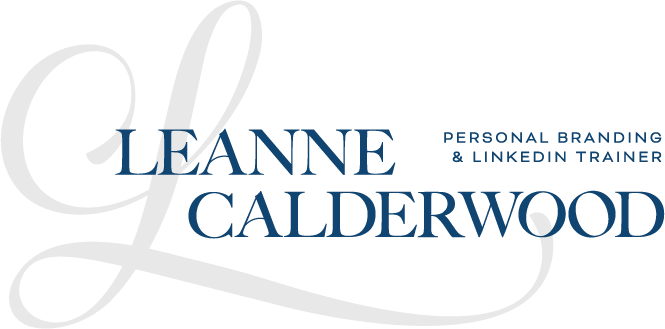There's a common adage that's been making the rounds in the business world for years:…

Working With Association Meeting Planners
As a site selection professional, I work with a variety of different individuals on their meetings and programs, but a majority of my clients are my beloved association meeting planners, and for good reason! They do work differently than their corporate counterparts, and my working and communication style is better suited to association meeting planners.
To start, its important to recognize that association meeting planners can bear a variety of job titles:
- Meeting planner/manager/director – yes, larger associations have dedicated meeting planners on staff – these individuals are likely certified (CMP) meeting planners, or have some formal education behind their names. These are the individuals I learn from; they cut their teeth on meetings every single day.
- Membership manager – in some smaller associations that do not have the resources to support a full time event planner, the meeting planner can take on other association responsibilities including membership, marketing, communications, etc. This is how I got MY start in meeting planner many moons ago, as an association planner who handled membership!
- Executive Director – some associations run VERY lean and rely on their Executive Director to handle the meeting planner role (alongside a committee of volunteers and potentially some contract staff)
- Contracted meeting planner – the smaller associations often contract out their conference to a professional meeting planner, who essentially becomes quite integrated into the association. While not formally staff, they operate as such when working for the assoication.
- Board of Directors, Conference Committee – some associations rely solely on volunteer support to run their association and conference.
- Association management companies – some associations contract out conferences, meetings, membership and other aspects of association management to a professional AMC
Given the profiles above are vastly different from one another, there are some common threads among all the association planners, this is where we as service professionals can really tailor our communications and reach them in a way that speaks to their priorities.
How Can You Best Work with Association Meeting Planners:
- Think long term – corporate planners tend to book meetings last minute, but association planners are planning for meetings far in advance (sometimes years and years!). Your marketing efforts to association planners should focus on incentives that reach into the future, not short term incentives that may end next week or month
- Thorough research process – association planners who work on meetings full time will take their time and do their due diligence before making decisions. More information may be required at multiple times throughout the planning cycle.
- Be patient – given the long term planning cycle, sometimes decision making can take months (or sometimes YEARS). If you’re looking for a quick sale, you likely will not find it with associations
- Lots of decision makers – there can be multiple decision makers through the conference planning process. Everyone from the meeting planner, to ED, to board of directors and conference committee chairs – everyone may have a say, thus prolonging the decision making process]
- Larger meetings – an association’s annual meeting can look quite large compared to smaller corporate quarterly meetings and trainings. Not to say corporate doesn’t have large meetings, but association annual meetings are their largest gatherings.
- Revenue generators – often, association conferences serve as one of the association’s largest revenue sources. Revenue is generated through registration fees, but also in curbing conference expenses. Having a competitive proposal financially will help you win more association business over your competition.
- Budget-conscious – association meetings attract delegates who need to cover their own expenses to attend. Coupled with the conference registration fee, attending an association meeting can be a HUGE expense. Budget considerations for both the individual (room rate) and the association (meeting room rental and food & beverage) should be taken into consideration when creating the proposal.
Association planners are busy, thoughtful, strategic individuals. By learning about their association and some of their goals and objectives, you’ll be in a better position to win them over and win their business. Best of luck!
RELATED – Working with corporate meeting planners
RELATED – Working with third party, site selection professionals and independent meeting planners



